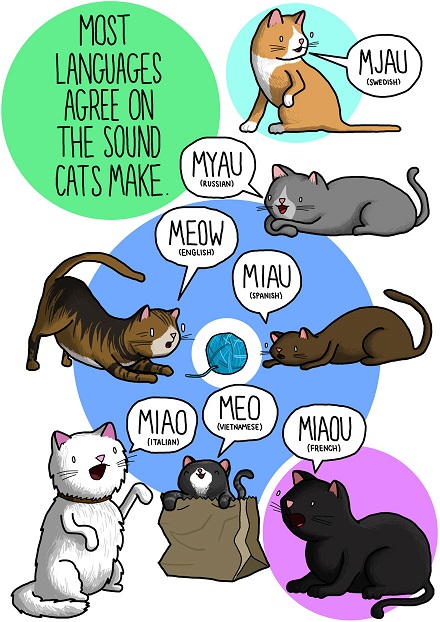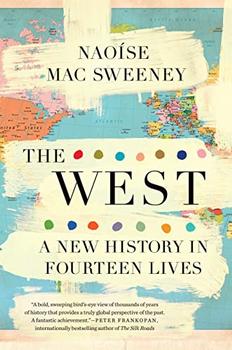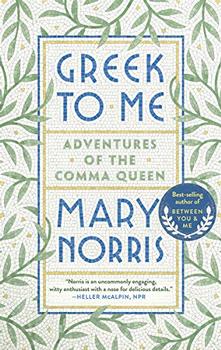Summary | Excerpt | Reviews | Beyond the book | Read-Alikes | Genres & Themes | Author Bio

Around the World in Twenty Languages
by Gaston DorrenWitty, fascinating and utterly compelling, Babel will change the way you look at and listen to the world and how it speaks.
English is the world language, except that most of the world doesn't speak it--only one in five people does. Dorren calculates that to speak fluently with half of the world's 7.4 billion people in their mother tongues, you would need to know no fewer than twenty languages. He sets out to explore these top twenty world languages, which range from the familiar (French, Spanish) to the surprising (Malay, Javanese, Bengali). Babel whisks the reader on a delightful journey to every continent of the world, tracing how these world languages rose to greatness while others fell away and showing how speakers today handle the foibles of their mother tongues. Whether showcasing tongue-tying phonetics or elegant but complicated writing scripts, and mind-bending quirks of grammar, Babel vividly illustrates that mother tongues are like nations: each has its own customs and beliefs that seem as self-evident to those born into it as they are surprising to the outside world.
Among many other things, Babel will teach you why modern Turks can't read books that are a mere 75 years old, what it means in practice for Russian and English to be relatives, and how Japanese developed separate "dialects" for men and women. Dorren lets you in on his personal trials and triumphs while studying Vietnamese in Hanoi, debunks ten widespread myths about Chinese characters, and discovers that Swahili became the lingua franca in a part of the world where people routinely speak three or more languages.
Babel is a fun read for anyone, but will especially delight travelers and language-lovers. The information is accessible to longtime language scholars and casual readers alike; a delightful collection of 20 small windows to much larger worlds...continued
Full Review
 (655 words)
(655 words)
(Reviewed by Erin Lyndal Martin).
 In Babel: Around the World in 20 Languages, Gaston Dorren writes about how Korean includes separate words for different kinds of meows. One word refers to the ordinary cry, and a different word is used to describe a more urgent vocalization. With this information, Dorren illustrates how sounds are indicative of a language's idiosyncrasies.
In Babel: Around the World in 20 Languages, Gaston Dorren writes about how Korean includes separate words for different kinds of meows. One word refers to the ordinary cry, and a different word is used to describe a more urgent vocalization. With this information, Dorren illustrates how sounds are indicative of a language's idiosyncrasies.
The way people write out animal sounds varies from language to language, but some things remain the same. In any language, these noises frequently consist of the same word repeated twice. The pigs that "oink oink" in English go "knor knor" in Dutch, "ggool ggool" in Korean, and "boo boo" in Japanese. Similarly, if an animal has a sound that isn't repeated, that also holds true from language to language...

If you liked Babel, try these:

by Naoíse Mac Sweeney
Published 2023
Prize-winning historian Naoíse Mac Sweeney delivers a captivating exploration of how "Western Civilization" - the concept of a single cultural inheritance extending from ancient Greece to modern times - is a powerful figment of our collective imagination. An urgently needed emergent voice in big history, she offers a bold new account of ...

by Mary Norris
Published 2020
The Comma Queen returns with a buoyant book about language, love, and the wine-dark sea.